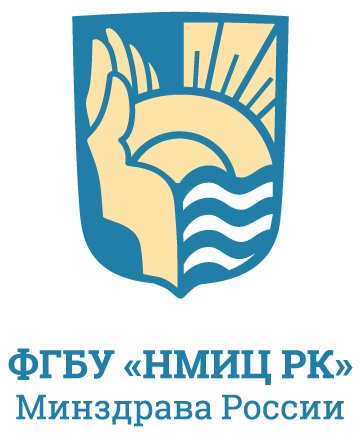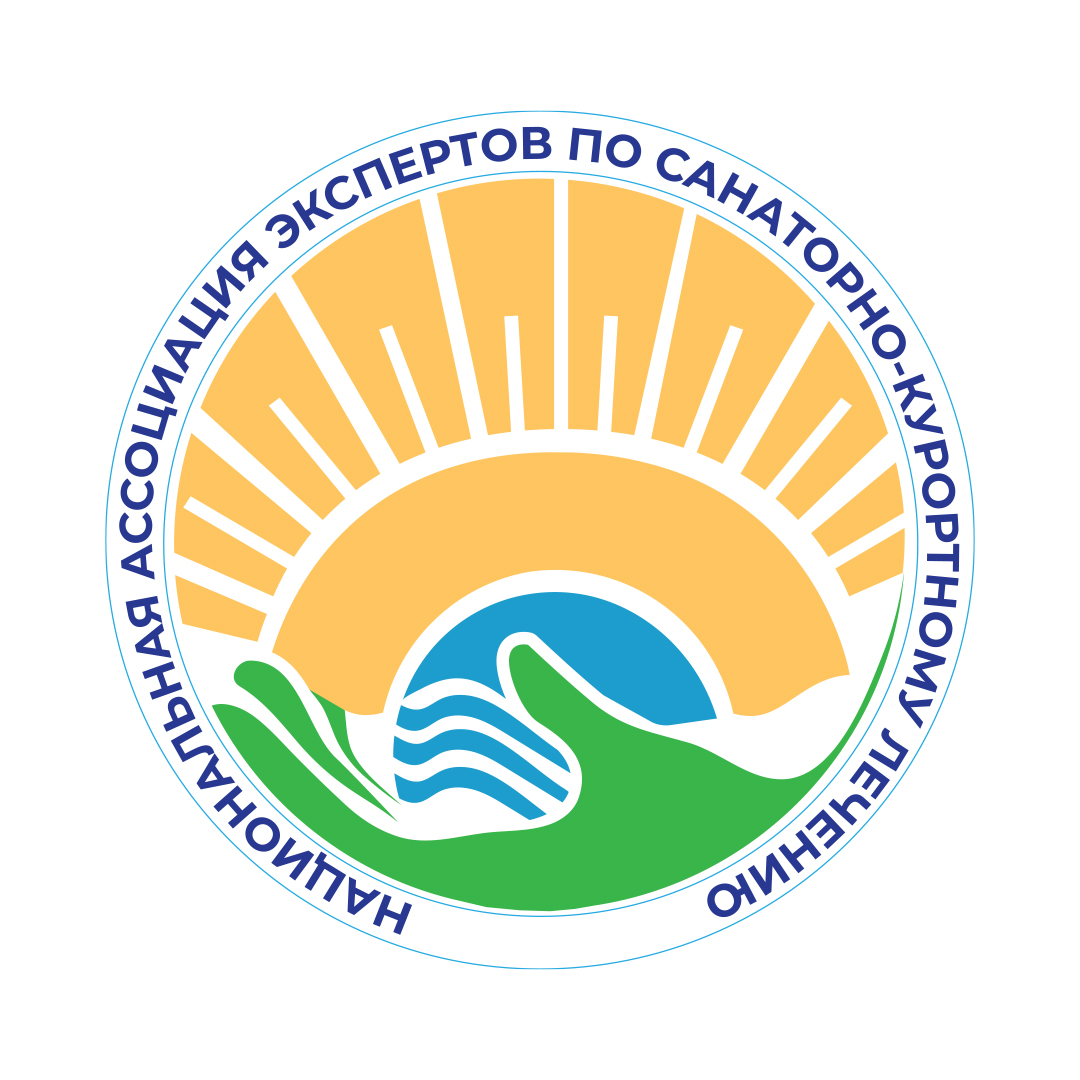Issue 1-83, 2018
The Role of Digital Medicine in the Development of Personalized Preventive Rehabilitation
1 Trukhanov A.I., 2 Skakun S.G., 1 Grechko A.V.
1 Federal Research and Clinical center of Intensive Care Medicine and Rehabilitology
2 OOO Biodata
ABSTRACT
Average life expectancy has reached in Russia in 2017 the value of 72,4 years which overcome the historical maximumof all Russian healthcare system period statistics. The new official protocol of mass screening of definite age groupsof Russian population has been approved by Russian ministry of Health on 26.10.2017 (order 869n). The goal of thedocument is prevention of non inflectional age-related diseases in cardiology, neurology, oncology. In 2017 the leadersof Russia, ministry of health, public and innovation platforms (Agency of strategic initiatives – ASI, Center for strategicpolicy-CSR) has payed much attention to the digital aspects of healthcare industry development (program HealthNet).At the same time the decrease of Russian population, far beyond position for the average life expectancy among worldcountries (116 position in 2015, UN data) may assume that not enough efforts has been made for economic investmentsand the development of new methodology of personalized screening of age-related diseases.The new experimental innovation algorithm for personalized control of age-related Biomarkers and correspondinginterventions of correction is suggested which can play a significant role in the future development of personalizedpreventive rehabilitation. It may be used as a tool for the monitoring of patients quality of health and lifestyle environment.
KEYWORDS: personalized digital medicine, preventive rehabilitation, average life expectancy
References:
- Life Expectancy Index 2016; http://hdr.undp.org/
- CIA - The World Factbook Life Expectancy. Cia.gov:22.03.12.
- 20th IAGG World congress of gerontology and geriatrics (23-27 June 2013, Seoul).
- Trukhanov A.I., Chudakov S.U. The role of preventive medicine in the social policy of the government// Herald of regenerative medicine, 2017. 1: 8-17.
- Ivanova G.E., Trukhanov A.I. Global prospects for the development of medical rehabilitation // Herald of regenerative medicine, 2017. 6: 2-6.
- Rehabilitation 2030: A Call for Action webpage http://www.who.int/disabilities/rehabilitation_health_systems/en/
- Melnikova E.V., Builova T.V., Bodrova R.A., Shmonin A.A., Maltseva M.N., Ivanova G.E. Use of the international classification of functioning (ICF) in outpatient and inpatient medical rehabilitation: instruction for specialists// Herald of regenerative medicine, 2017. 6: 7-20.
- Gerontology in silico: the establishment of new discipline. Mathematics models, data analysis and computerized experiments: review of scientific proceedings/ Edited by Marchuck G.I., Anisimov V.N., Romanukha A.A., Yashin A.I. Moscow: BINOM. Knowledge lab, 2007 - 535 p.
- Fomenko A.N., Baranova A., Mitnitsky A.B., Zhikrivetskaya S.O., Moskalev A.A. Biomarkers of human aging. St.Petersburg: European House, 2016 - 264 p.
- Fomenko A.N., Proshkina E.N., Fedintsev A.Yu., Tsvetkov V.O., Shaposhnikov M.V., Moskalev A.A. Potential geroprotectors. St.Petersburg: European House, 2016 - 680 p.
- https://www.shortlist.com/home/40percent-of-women-born-in-the-uk-will-live-to-be-100/63831
- Shenderov B.A. Microecological epigenetics of stress, diseases, health and longevity// Herald of regenerative medicine, 2016. 1: 21-28.
- Poletaev A.B., Krylov O.V. Medical nanotechnology: biomolecular technologies or nano-engineering? // Herald of regenerative medicine, 2016. 1: 37-42.
- Moskalev A.A. Molecular biomarkers of aging for preventive medicine// Herald of regenerative medicine, 2017. 1: 18-29.
- https://vc.ru/26886-personal-biohacking

The content is available under the Creative Commons Attribution 4.0 License.
©
This is an open article under the CC BY 4.0 license. Published by the National Medical Research Center for Rehabilitation and Balneology.




